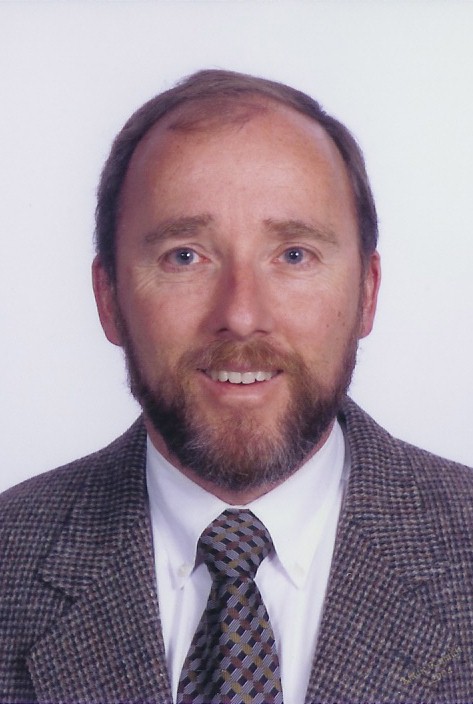Music transcends barriers of language and culture
Peter and Ludmilla Kudritsky traveled thousands of miles to get where they are today. They're downstairs asleep in my guest room.
Peter and Ludmilla are singers with the Kiev Orchestra and Chorus, stopping in Colorado Springs for a sacred music concert. Before that, they were in Lubbock Texas, and drove all day to get here. Theyíll wander through Nebraska and Iowa before flying back home to the Ukraine. 70 days in America, doing about one concert a night. Itís a grueling schedule that would give rock stars pause.
I used to live in Russia, and Iím a big music fan, so I thought itíd be fun to host musicians from Kiev. I drove to the church downtown where the musicians had arrived. We traded pleasantries, and headed back to my house.

Barry Fagin
Contributing
Columnist
They spent the whole day there. I think they bought one item between them, but that wasnít the point. Most Americans canít imagine how truly wealthy their country is. We see it so often that we've become used to it.
But to someone from a poor Eastern European country, every American home, every American car, every American store is a tangible reminder of what they hope for. Itís hard to blame them for hanging out in a mall.
The concert that evening was wonderful, a joyous celebration of different musical styles. This is a talented, professional group of musicians trying to rebuild art and culture in a newly independent country, struggling to crawl out from under decades of socialism and Soviet hegemony.
One of the great things about speaking a different language is how much it opens up your world. I love English, but sometimes I wonder if Americans think itís the only way to talk to people. Most of us donít speak anything else, and think nothing of it.
So I talked with the Kudritskys for a while, learning about their family and life in Kiev, introducing them to my family and our life here. But Iíd like to think that even if I didnít speak Russian, we wouldíve found another language to use: The language of music.
As soon as Ludmilla noticed my daughterís bass clarinet, she insisted that my daughter put it together and play something. Watching Ludmilla follow my daughterís playing and pointing at various places to suggest techniques or phrasing, it was obvious that they understood one another quite well despite the spoken language barrier.
Next we tried some jazz. I opened my song book, and played some chord changes while Ludmilla sang. She doesnít read much English, but it didnít matter. She filled in the notes with the Ukrainian version of do-re-mi, and it worked just fine. Ditto with some Cole Porter tunes. We had a great time.
The day of the concert, the Kudritskys had some free time, so I asked them what they wanted to do. They had little interest in seeing the sights with an excursion planned for the rest of their group. Instead, they wanted to shop, so I dropped them off at Chapel Hills Mall.
I was in Russia on September 11th, 2001. When the towers fell, there was a tremendous outpouring of sympathy for Americans living there. I heard ďAmerica the BeautifulĒ sung by Russians many times that fall, and it still chokes me up. I know that because I heard it Tuesday night.
How many Americans know any verses besides the first one? My Ukrainian friends know them all, and they sang their hearts out that night. Hearing the song with Russian accents brought back a flood of memories, a gut-wrenching recollection of a time when I was surrounded by people who believed in our common humanity.
Maybe thatís why I like making friends from other countries. They remind me of the things we all have in common.
I donít share a native language with the Kudritskys, nor their Christian faith. But we can sit in front of a piano and immediately understand one another, because weíre both human beings. We have the same dreams for our children, the same longing for a better world, the same hopes for the future.
With an election drawing near, we tend to be focused on what we disagree on, on what divides us. We would do well to remember that what we have in common is far greater, far more powerful, and far more universal than the politics we fight about.
At least, I believe that. I think the Kudritskys do too.